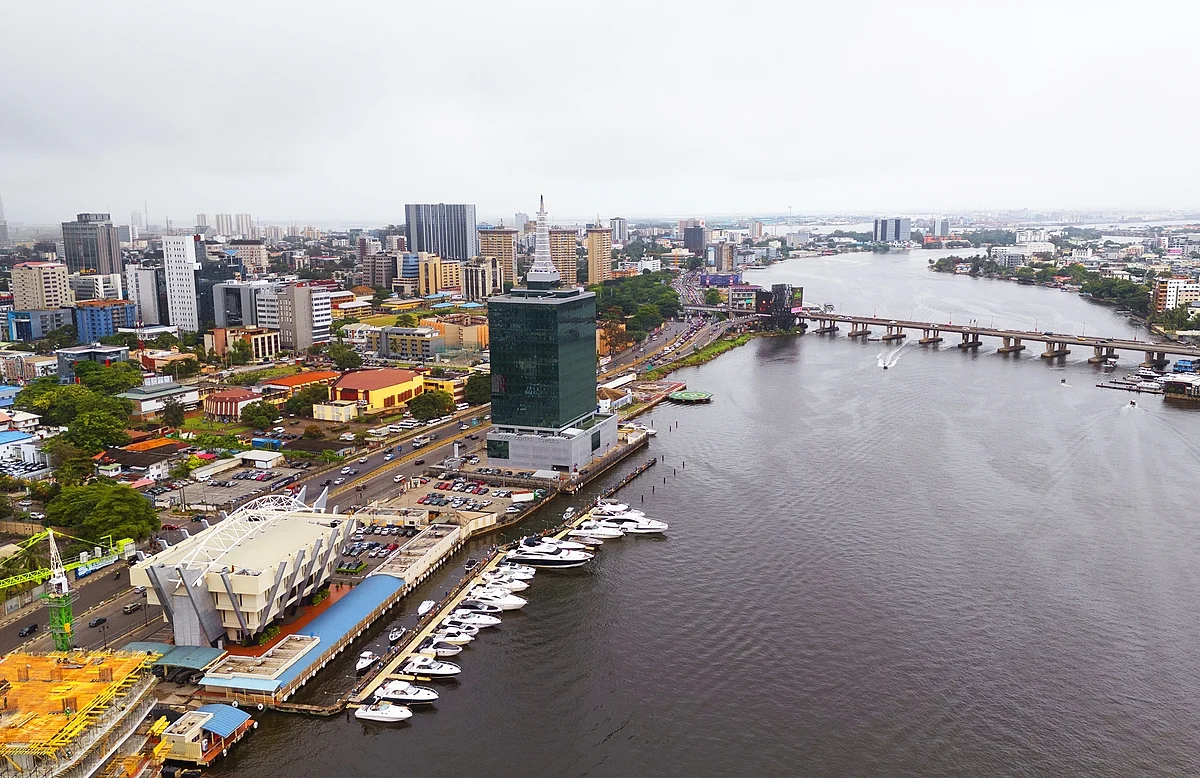Over 65 million Nigerians were reportedly pushed into poverty in 2024 following a 66 per cent decline in the country’s gross domestic product (GDP) per capita, according to a new report by Quartus Economics.
The report, titled “Forty Years of Structural Adjustment: Is Africa’s Eagle Stuck or Soaring Back to Life?”, examined Nigeria’s economic trajectory since the introduction of the Structural Adjustment Programme (SAP) in 1986.
Quartus noted that while the reforms helped grow Nigeria’s GDP from $87.5 billion in 1990 to $252 billion in 2024, the country’s economic structure remained fragile, with the naira losing 99.7 per cent of its value over the same period.
The report stated that liberalisation, privatisation, and banking reforms initially boosted private investment and manufacturing, but policy reversals and weak implementation undermined progress.
“Policy inconsistencies and weak implementation led to a recurring cycle of mixed results and missed opportunities,” the report said. “The goal of inclusive, export-led growth has remained elusive.”
Between 2014 and 2023, Nigeria experienced its worst growth slowdown in a generation, driven by falling oil prices, population pressures, restrictive fiscal and monetary policies, and governance lapses. Inflation rose above 30 per cent, capital inflows declined, and economic stagnation persisted.
However, the report praised the 2023–2024 reforms, including the removal of petrol and foreign exchange subsidies, as decisive measures that began correcting structural distortions.
By late 2024, GDP growth rebounded to nearly 4 per cent, with renewed strength in the manufacturing and mining sectors. Foreign reserves rose to $42 billion by October 2025, and inflation began to ease slightly.
Despite these improvements, Quartus warned that per capita income remains far below pre-crisis levels and that Nigeria’s export base and governance systems still face deep inefficiencies.
“The recovery is real, but lasting transformation will depend on discipline, continuity, and collective commitment to reform,” the report concluded.
![]()




























































